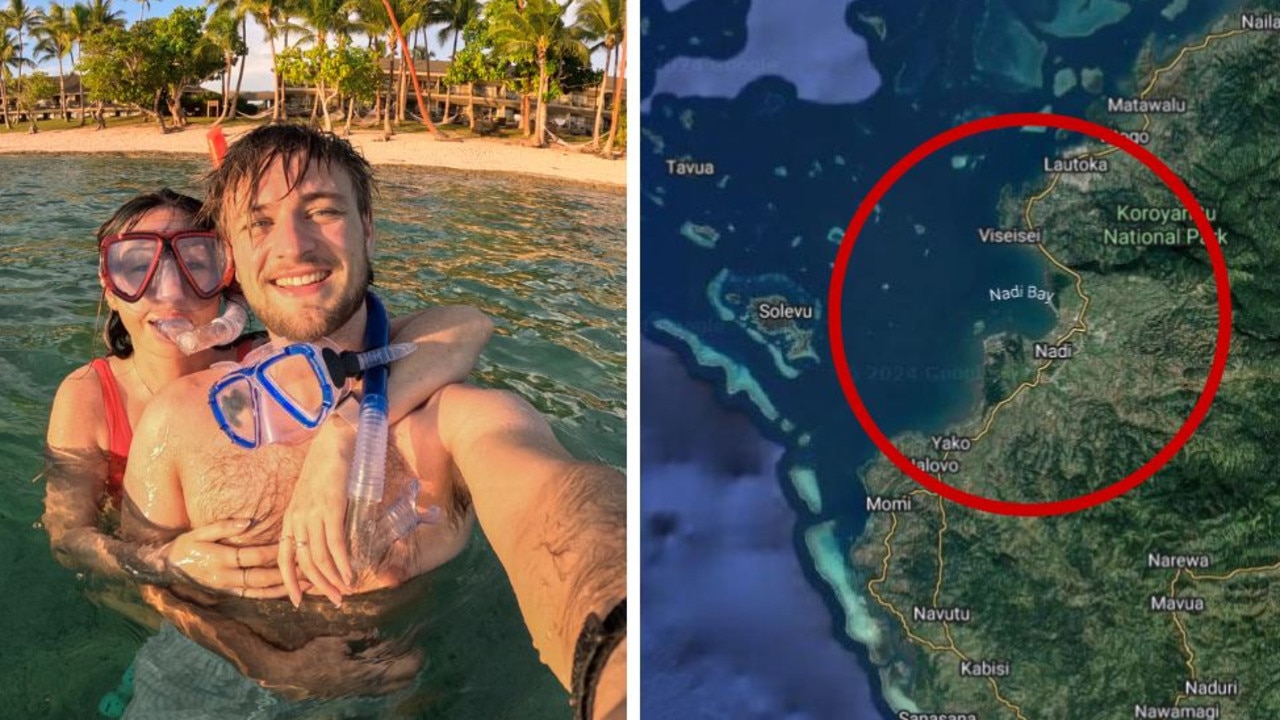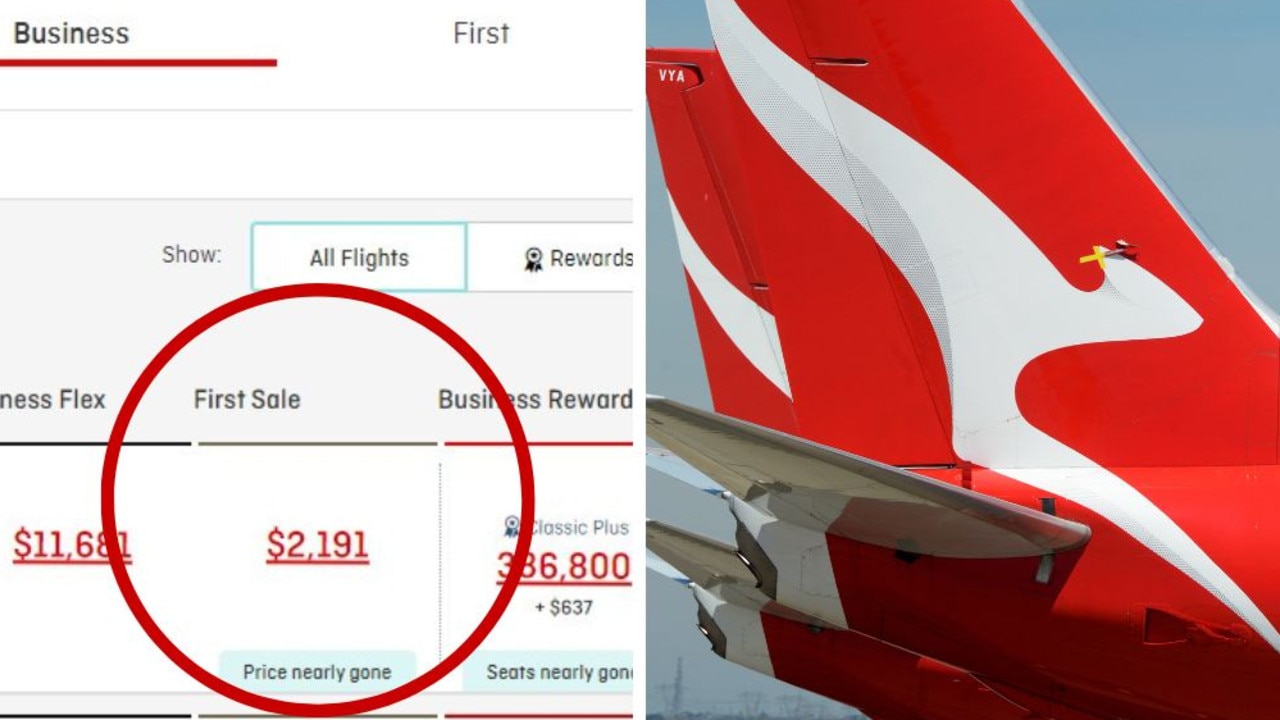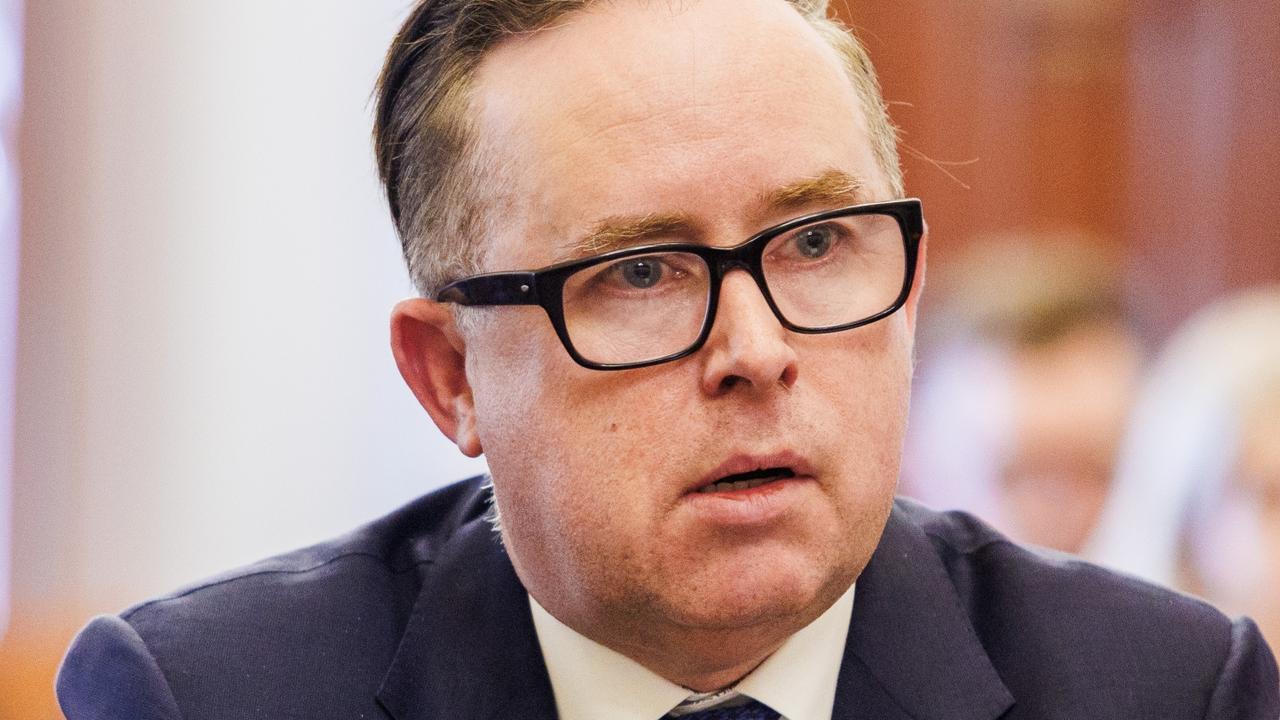These simple travel mistakes cost you $500 with every trip
A money expert is warning the average Australian traveller is losing $500 a trip through these avoidable mistakes.
The average Australian traveller is losing $500 through silly mistakes when they travel internationally, new research has found.
The research by Mastercard showed one in 10 travellers blew out their budget on holiday and 26 per cent returned with “travel money regret”.
Asia was the top destination for Australian travellers returning with travel woes (43 per cent), followed by the United Kingdom (11 per cent) and the United States (10 per cent).
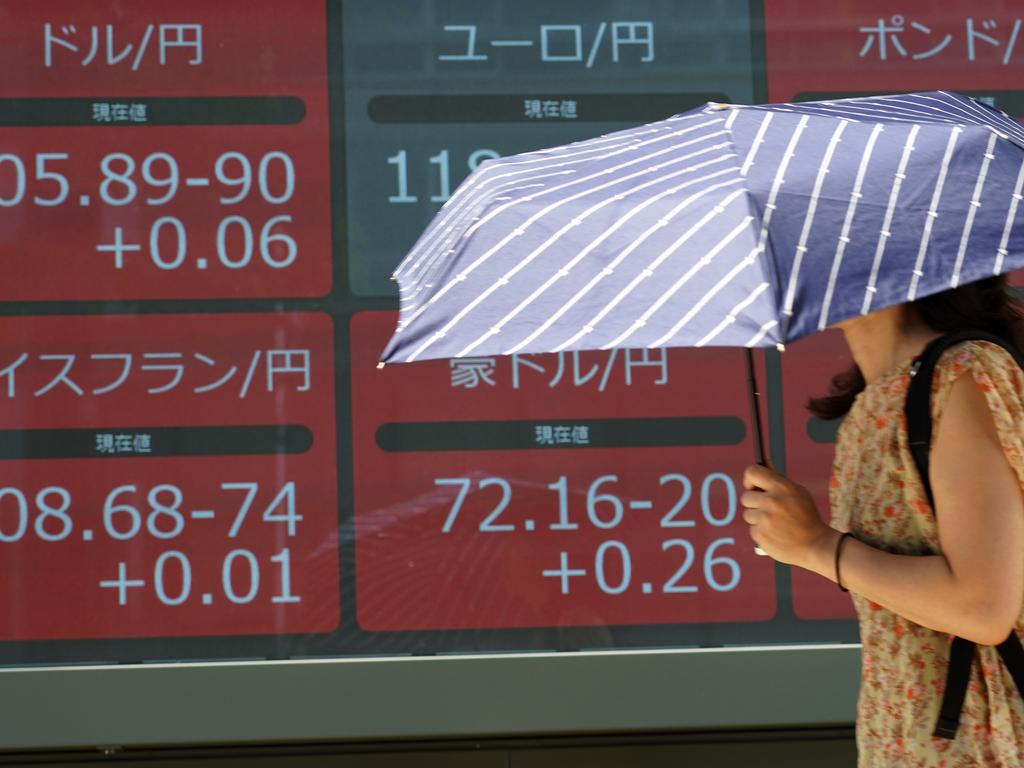
News.com.au has looked into travel costs as part of its series Rip-off Buster, which provides readers with practical cost-of-living advice and hacks on how to help get a better deal — all with the goal of helping you to become financially fit.
RELATED: Australia’s 10 biggest rip-offs
Richard Wormald from Mastercard Australasia said travellers were unnecessarily losing money due to two common pitfalls — poor planning and lack of understanding when it came to travel money and currency conversations.
“As our research shows, the average traveller is left out of pocket by around $500 as a result of, for example, poor planning and surprise transaction fees,” he told news.com.au.
“So, while conversion rates and loading money on to cards may feel like a mundane task compared with the more exciting aspects of planning a holiday, it pays to take the time to do your research and be prepared.”
Mr Wormald said travellers should research the different travel cards available. “This often includes cross-checking exchange rate fees, ATM withdrawal fees, reload fees and how to best protect your money,” he said.
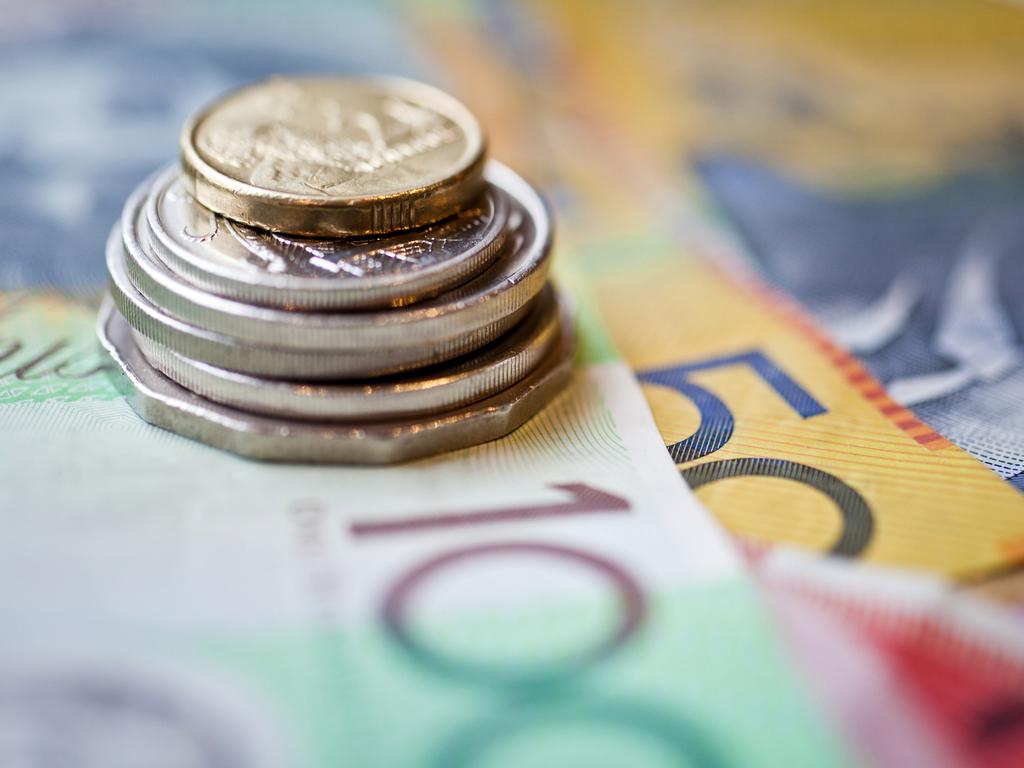
Many travel money cards, such as Mastercard’s Cash Passport, Travelex and the CommBank Travel Money Card, among others, allow different currencies to be loaded on the card in advance with locked-in exchange rates. This means the exchange rate is fixed even if the Australian dollar plunges while you’re away — as it did earlier this month, just as many Australians were holidaying in Europe and the US for the northern summer.
Some cards also come with no, or low, ATM withdrawal fees, and don’t have the massive transaction fees personal debit or credit cards attract overseas.
“(This) helps minimise the potential pitfalls of spending and converting payments while travelling,” Mr Wormald said.
“Monitor currency rates in the destinations you are visiting and opt for a travel card that allows for locked-in exchange rates.”

The research from Mastercard found 16 per cent of Australians got their travel money in order as soon as they booked their overseas trip, but one in one in five left it until about a week before travel.
About 3 per cent of travellers arranged their travel money at the airport, despite airports typically offering the worst exchange rates and charging higher in fees.
The Currency Shop’s director Justin Rampono previously told news.com.au travellers should try to visit currency exchanges in CBDs, if possible, before heading off.
“There’s more competition in the CBDs,” Mr Rampono said.
“Cash is always handy; you may not use it for all your expenses but it’s good to have it on hand.”
news.com.au is giving you the opportunity to win a $5000 Escape holiday voucher to enjoy a trip of a lifetime! Enter here

